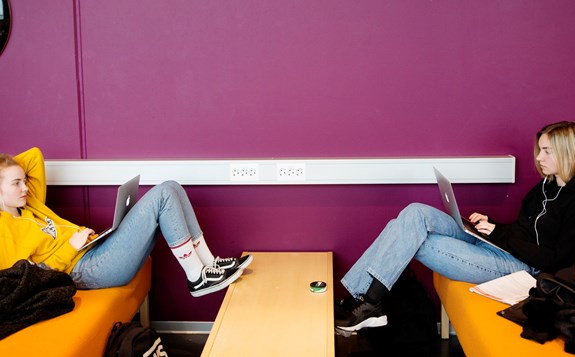FACULTY OF EDUCATION AND SOCIETY | Seminar
The Welfare State – An Interdisciplinary Story
Wednesday 12 February, 15:15 - 17:00
NI:A0513, Niagara, 5th floor, Nordenskiöldsgatan 1

The Welfare State – An Interdisciplinary Story
Åsa Lundqvist and Klaus Petersen, who have collaborated and researched the development of the welfare state for almost twenty years, will talk about researching Nordic welfare states from sociological and historical perspectives.
About the lecture
Over the past two decades, we have explored the development of the welfare state, drawing on scholarship from different disciplines. It is our firm belief that welfare state policy and practice is best understood through interdisciplinary approaches. Nevertheless, challenges arise when crossing disciplinary boundaries. Different understandings of concepts and methods, as well as different writing styles and academic cultures are some of them. At this seminar, we will critically discuss our interdisciplinary approach, and both its successes and failures, as demonstrated by using examples from different research projects.
The seminar is part of the Sociology@MaU seminar series.
About the lecturers
Åsa Lundqvist, professor at Lund University, is a sociologist whose research focuses on welfare policy and family relations, with a particular interest in the impact of labour market and family policy on gender relations.
Klaus Petersen, professor at University of Southern Denmark and director of the Danish Centre for Welfare Studies, is a historian researching the development of the welfare state. He has also worked creatively on methods involving high school students in data collection.
About Sociology@MaU
Sociology@MaU is a seminar series that highlights sociological perspectives in research at, and beyond, Malmö University.
Sociology@MaU brings together researchers and practitioners to discuss contemporary issues and spark interdisciplinary dialogue incorporating sociological perspectives. The aim is to encourage intellectual exchange about theories, methods and empirical fields, thus providing fertile ground for ideas about new – more just – ways of organising society.
The seminars are open to all.


